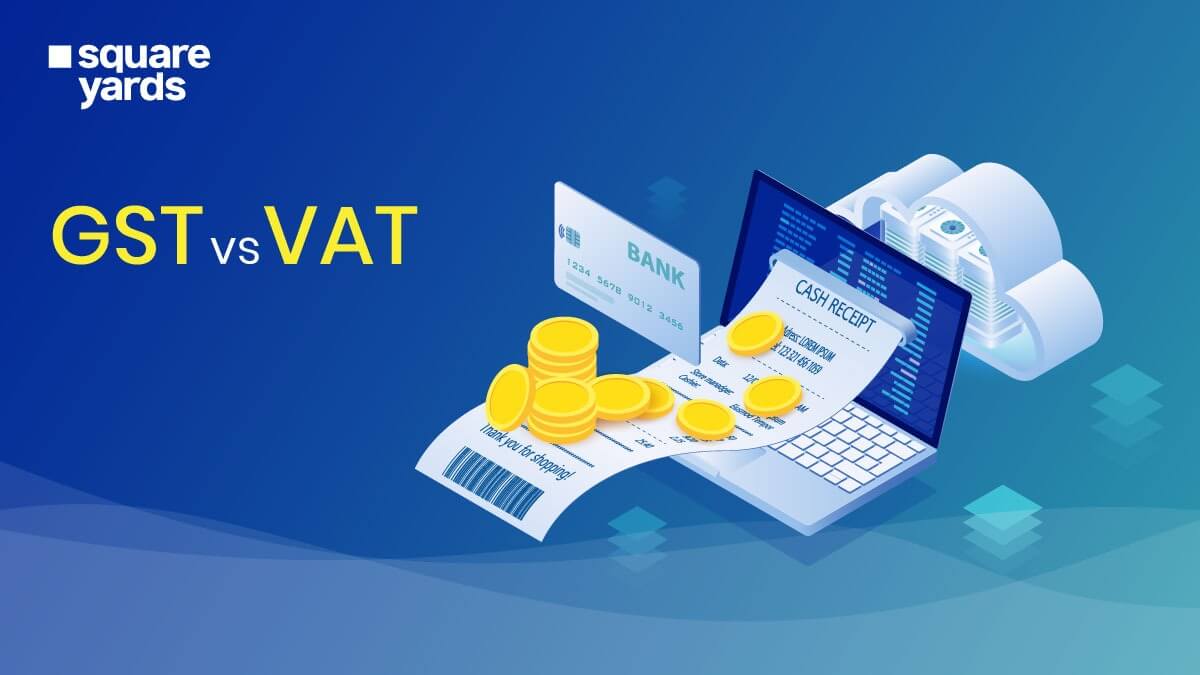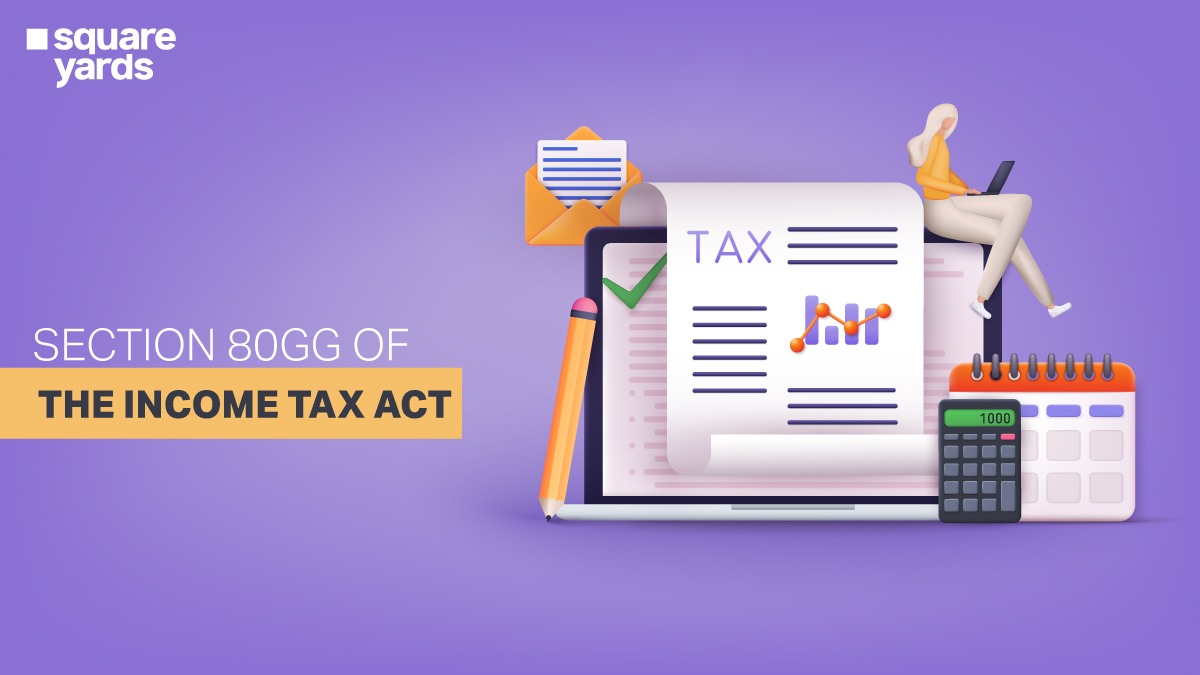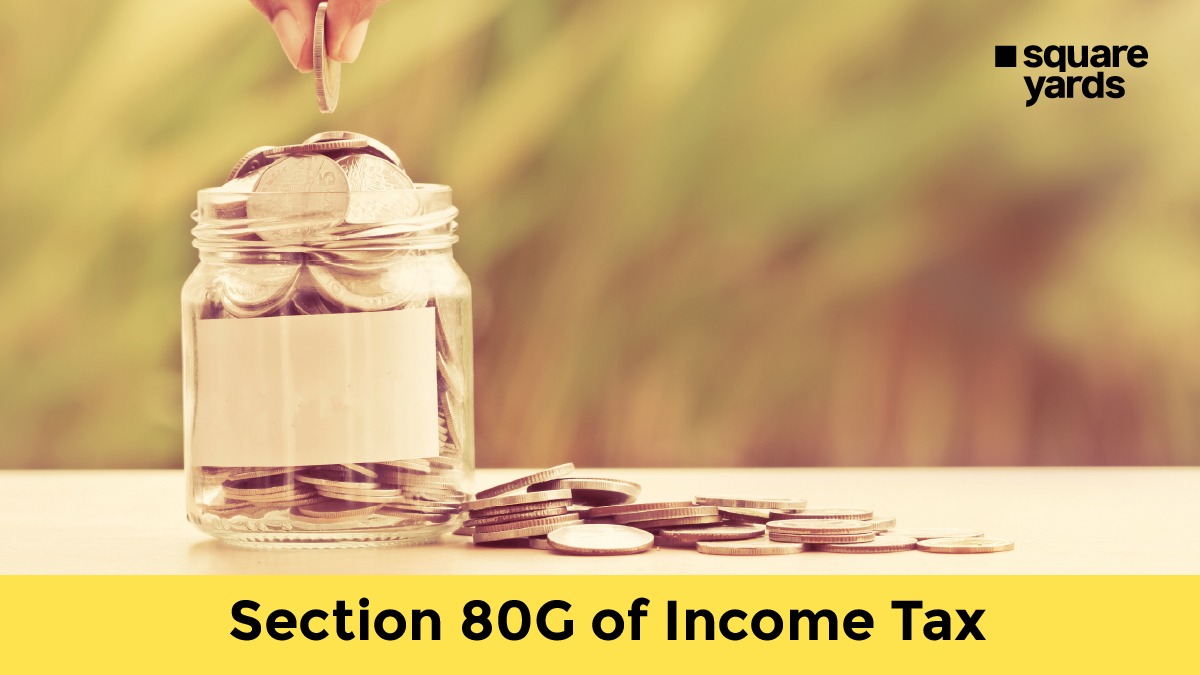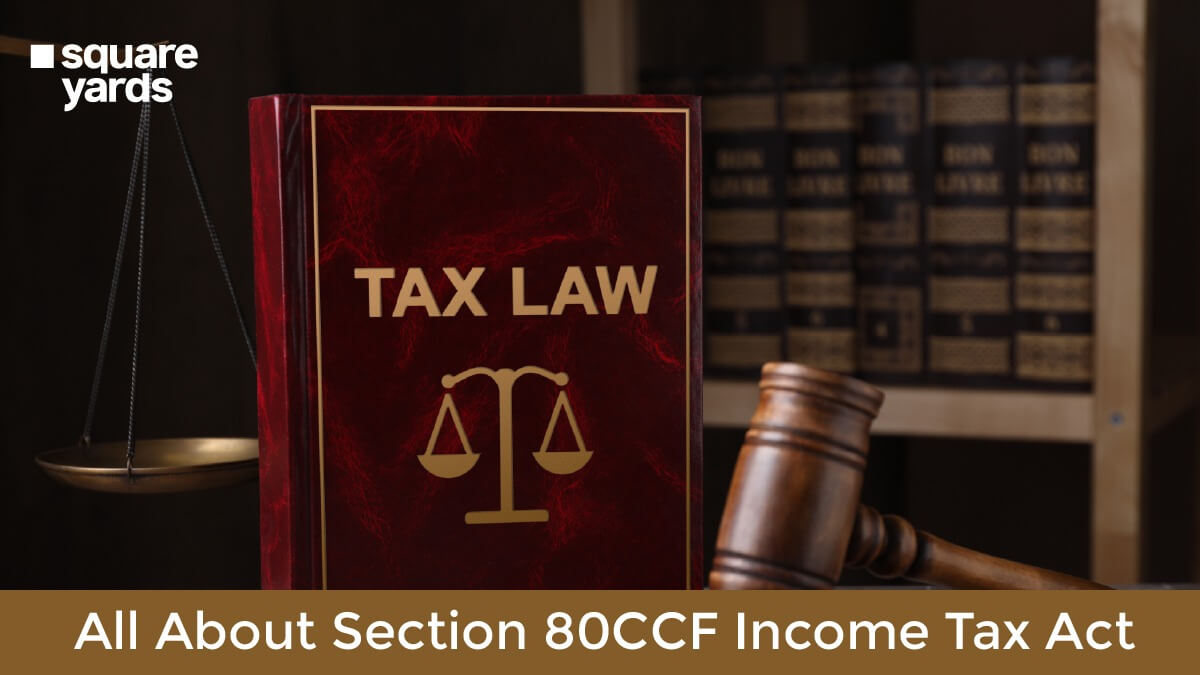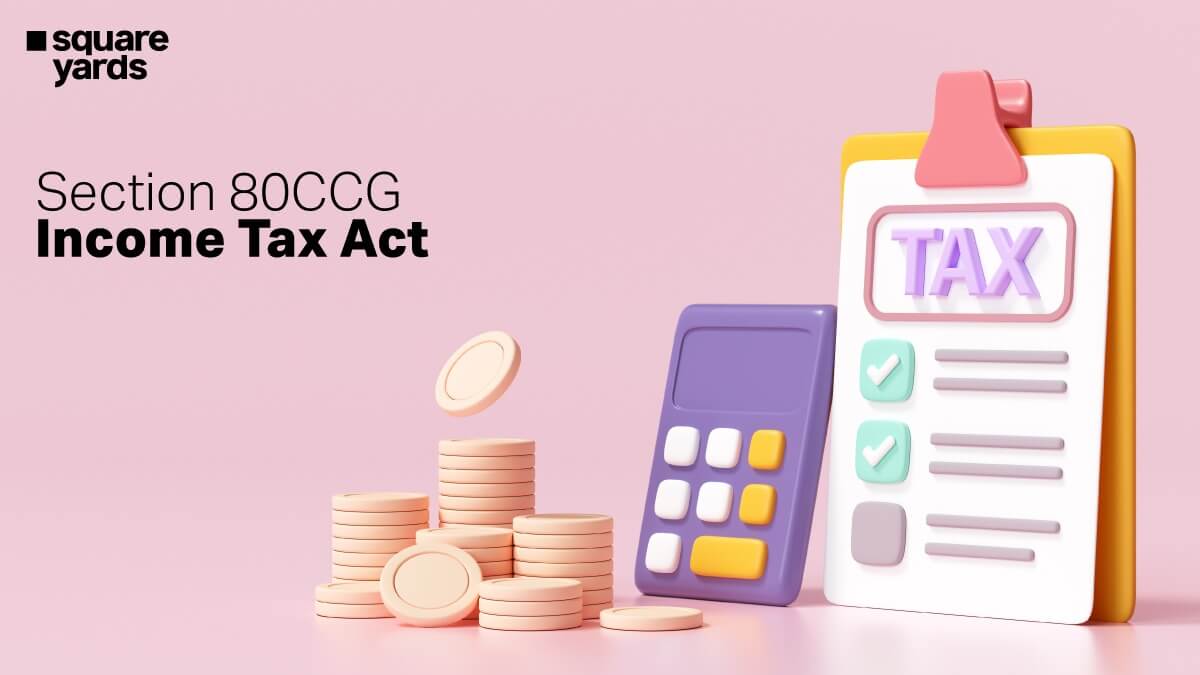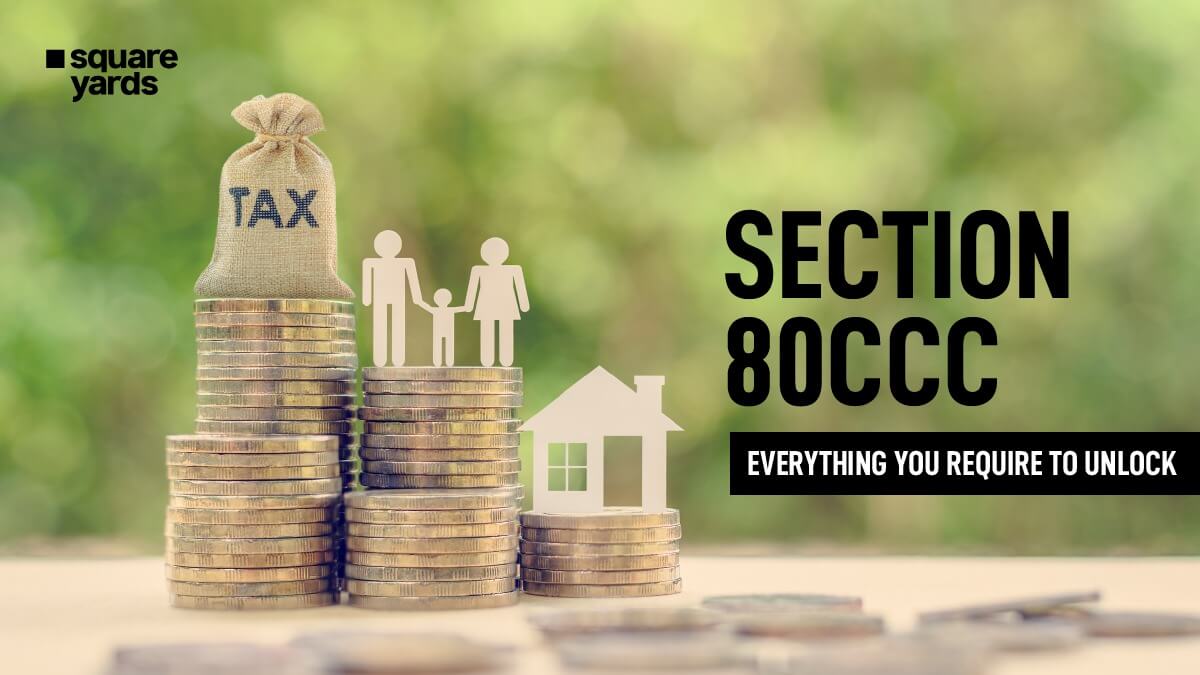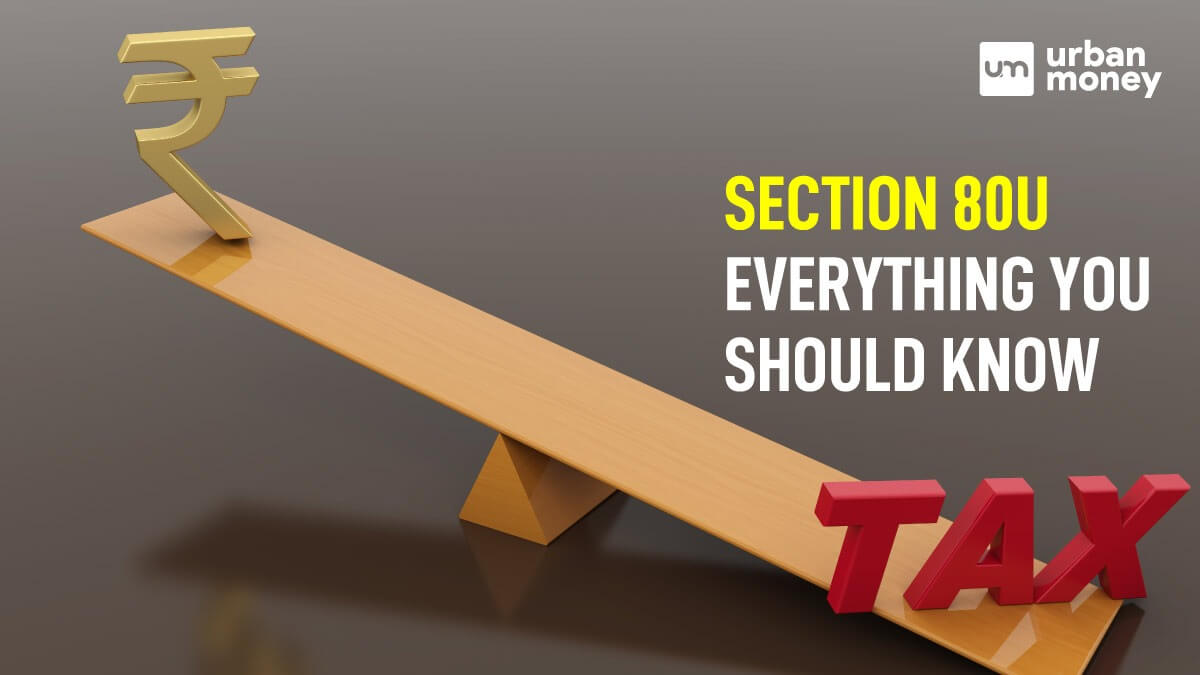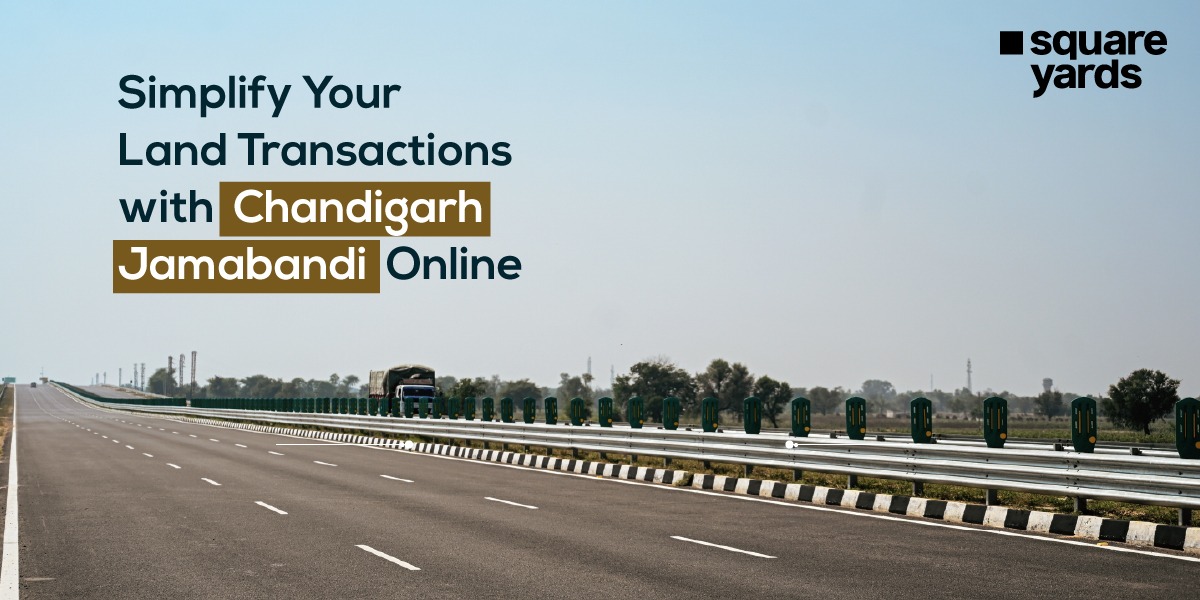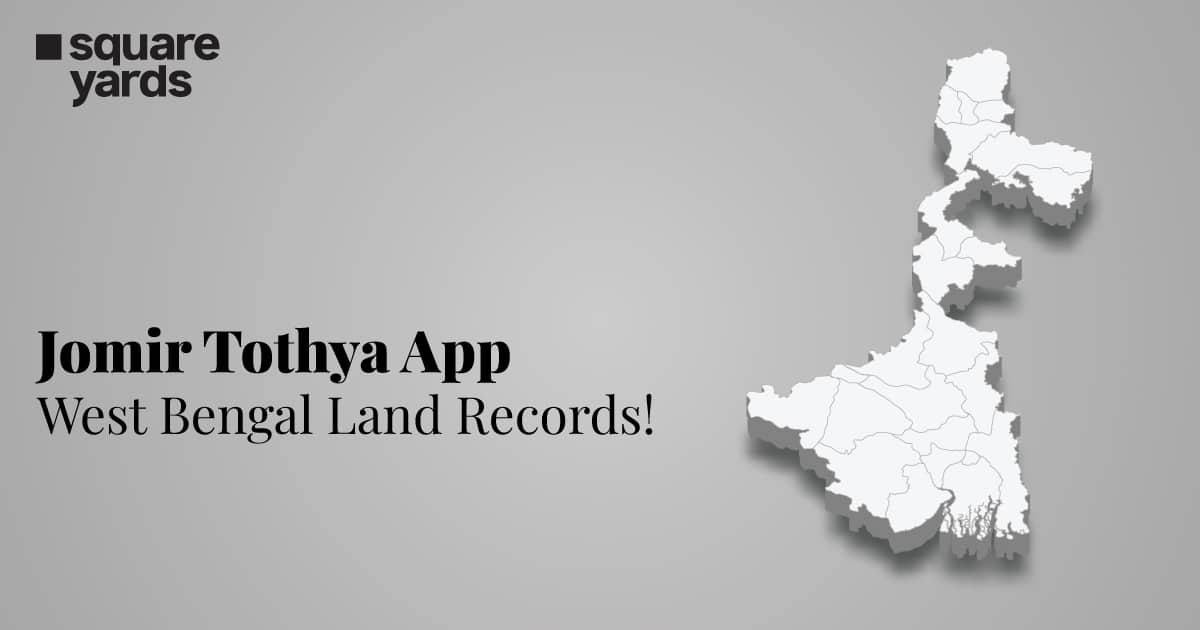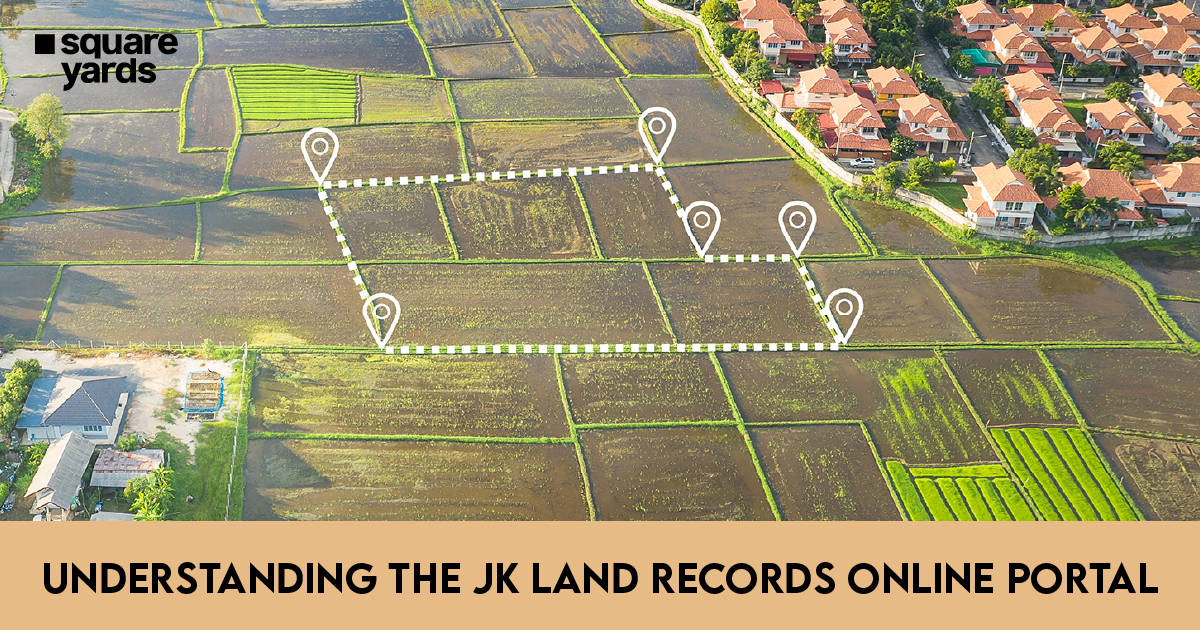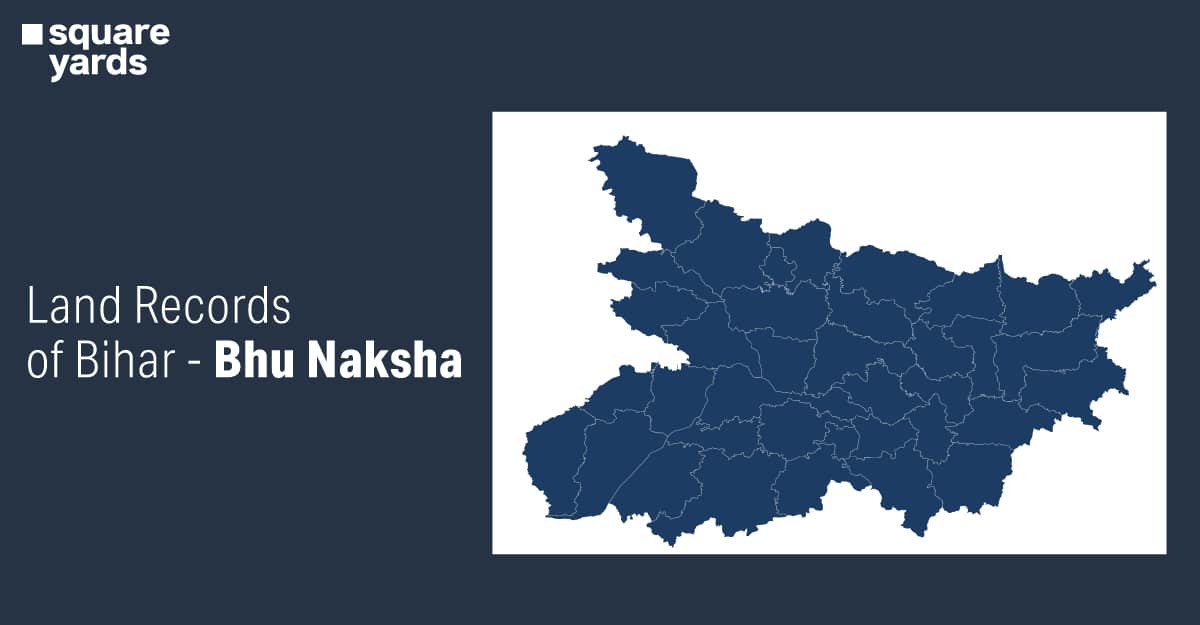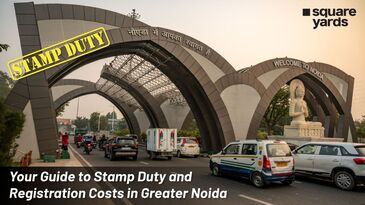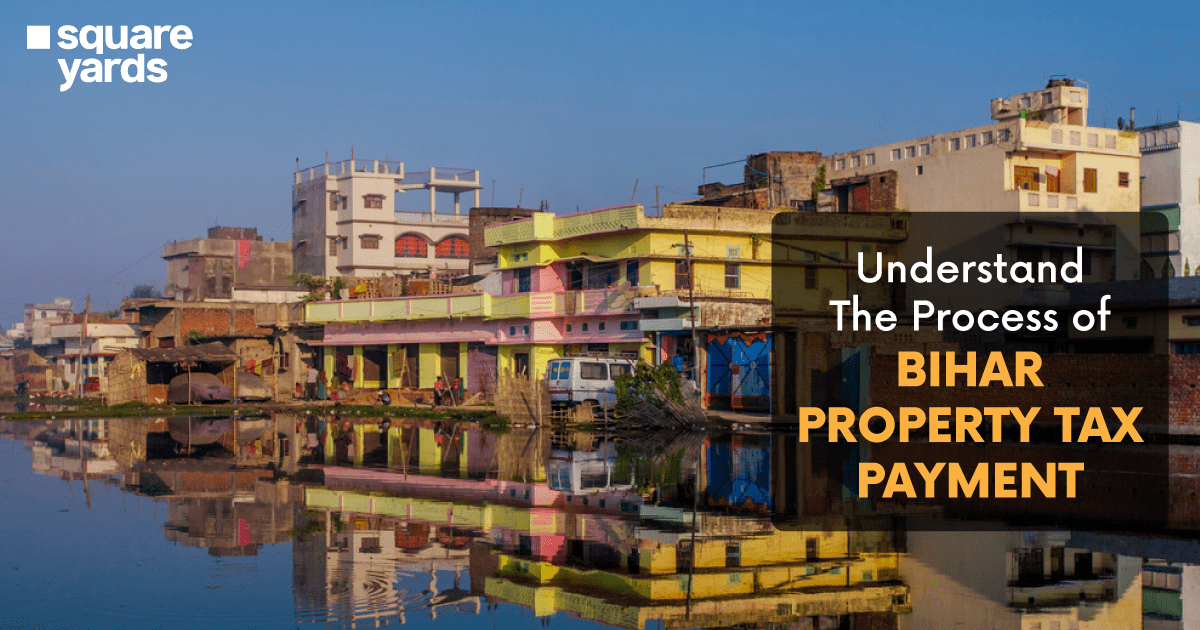The Central government of India replaced all indirect taxes from 1st July 2017 and started the One Nation, One Tax ideology. The One tax is known as the Goods And Services Tax (GST). But have you ever wondered What is the difference between VAT and GST? How is GST better than VAT?
GST is a reform that gave the Indian Tax Collection System a new face. It removed all indirect taxes such as Value Added Tax (VAT), Service charge, Octroi, and Excise Duty. However, with GST, the undesirable impact of all indirect taxes is cut off.
Here, you can learn the differences between VAT and GST, why GST is implemented, etc.
Table of contents
Why Introduce GST Against VAT in India?
Here are why introducing GST against VAT and other indirect taxes becomes mandatory overtime.
To Fulfil the ‘One Nation, One Tax’ Ideology
With GST, several indirect taxes have been removed. The primary benefit of one single tax is that every state will follow a similar rate for every specific product category or service tax. Also, the tax administration becomes easier when the Central Government decides the tax rates and tax policies.
To Carry the Indirect Taxes
From its early days, India had several indirect taxes. Service tax, Value Added Tax (VAT), Central Excise, etc., are considered indirect taxes. These taxes used to be levied at multiple levels of the logistic chain. However, some taxes were controlled by the Central and some by the State. Therefore, GST was introduced as one uniform and centralised tax levied on goods and services.
To Restrain Tax Evasion
The laws of GST in India are more severe than any of the erstwhile laws of indirect taxes. The taxpayers under GST can claim the input tax credit on the invoices uploaded by their suppliers. And this way, the fake invoices will be minimal after claiming the input tax credits.
To Increase the Taxpayer’s Base
With the latest laws of GST, the taxpayer base in India has increased. Previously, individuals had to register based on the turnover and different tax formats. After GST was levied on goods and services, the tax registered for businesses and taxpayers increased.
Better Logistics and Distribution System
One single indirect tax system reduces the documentation for multiple taxes and the supply of goods. Also, GST minimises the transportation times and has improved the logistic chain. This time saving has led to warehouse unification, among several other advantages.
To Remove the Cascading Effect
The primary objective of introducing GST was to eliminate the cascading effect of the tax system. Before GST, different laws of indirect taxes confused the taxpayers, and they were not allowed to set off the tax credit of 1 tax against another.
For instance, the indirect tax of excise duties paid during manufacturing is not set off against the VAT (sale). This encouraged the cascading effect of taxes.
However, the tax levy on goods and services is only the net value added at every level of the supply chain. This is how GST helps eliminate the effect and contributes to the smooth flow of the input tax.
How is GST Better than VAT?
Here are the disadvantages of VAT tax and benefits after GST implementation. These points display how and why GST is better than VAT.
| Disadvantages of VAT | Benefits of GST |
| It plays an important role in cascading effect of taxes | GST removes the cascading effect of tax |
| No one can claim Input Tax Credit (ITC) on services under the VAT tax. | It is a simple online procedure. You can pay offline and online but for amounts more than Rs. 10,000 online mode is preferable. |
| VAT tax rates vary from one state to another | It is uniform across India |
| There are different VAT laws for every state. | Defined treatment for companies |
| Input of CST was not adjustable against VAT, and vice versa. |
Differences Between VAT And GST
Here is the comparison between VAT and GST depending on some parameters.
| Factors | Goods And Services Tax | Value-Added Tax |
| Tax | Tax is levied upon both goods and services | VAT is levied only on the sale of goods. For services, there is service tax |
| Applicability | On supply of both goods and services | At the time of sales of goods |
| Tax Rate And Laws | same across India | Variable depending on the states of India |
| Authority And Taxes | Tax is equally shared between State and Central government | Tax is given to the State where the sale of goods took place |
| Time of Filing the Return | Every 20th of the next month for the previous month | 10th, 15th, and 20th of every next month for the previous month |
| Payment Mode | Both online and offline. For more than RS. 10,000 online mode is preferable | Only offline |
| Input Tax Credit | Tax paying people can claim credit for goods and services. | No input tax credit benefit is available |
| Compliances | Uniform compliances for movement of goods and services | Different from one state to another |
| Tax Collected by? | Consumer State | Seller’s State |
| Tax on NGOs and government bodies | No changes | Certain government bodies, NGPs and PSUs fall under this category. |
| Exemptions | No exemptions | Areas such as the North-East can enjoy the exemptions. |
| Cross Set-Off of Levy | The set-off between State GST and Central GST is not allowed. | Set-off of service tax and excise duty is permitted. |
Conclusion
It is obvious from the difference between VAT and GST that GST is upgraded and improved the version of Value-added and service tax. However, alcohol, petrol, and diesel-like products do not fall under the GST category.
The advantage of GST is that its implementation has improved the Indian economy by eliminating the cascading tax system. And as GST evolves, it is expected to continue improving indirection tax collection across India.
You May Also Read
| Goods and Services Tax | GST Returns |
| GST Registration Status | GST State Code |
| GST Return Online | GST Login Portal |
| Impact Of GST | GST E Way Bill |
| GST EMsigner | GST on Gold |
| GST Portal | GST Rate List |
Frequently Asked Questions (FAQs)
What is the main difference between VAT and GST?
The main difference between VAT and GST is that the consumer state collects GST, and the seller state collects VAT.
Which is better – VAT or GST?
GST is better in every aspect compared to VAT tax. Due to GST, there is cost reduction as goods and services tax is levied under one tax only. Also, GST tax is uniform across India, irrespective of states and union territories.
Are VAT and GST the same in India?
Goods and service tax is India’s reality and has brought the country’s taxation system under a uniform umbrella of unique ideology. There is a substantial difference between VAT and GST. But now, Value added tax and service tax falls under GST (goods and services tax) only. However, they are not the same.
What is VAT with an example?
VAT is equal to Output Tax subtracting the Input Tax. For example – if a buyer purchases goods of Rs 120 and pays a 10% VAT (Rs 12) on the same. And you then purchase the goods at Rs 200 from the dealer, and they collect 10% VAT (Rs 20) from you. Then the output tax is Rs 12, and the input tax is Rs 20.
What are the three types of GST?
There are three types of GSTs in India.
● CGST
● SGST
● IGST
GST covers all the state taxes like VAT, luxury tax, purchase tax, octroi, and several central taxes like excise duty, service tax, and customs duty.
What is the main objective of GST?
The main objective of the Goods and Service Tax is to restrain the cascading effect of other indirect taxes, which is applicable across India.
What is IGST, for example?
IGST is an Inter-State tax on goods and services. For example – if a dealer in Mumbai makes a sale to a dealer in Delhi, the GST rate will be 5%. And 55 IGST will be then applied to the entire bill.


